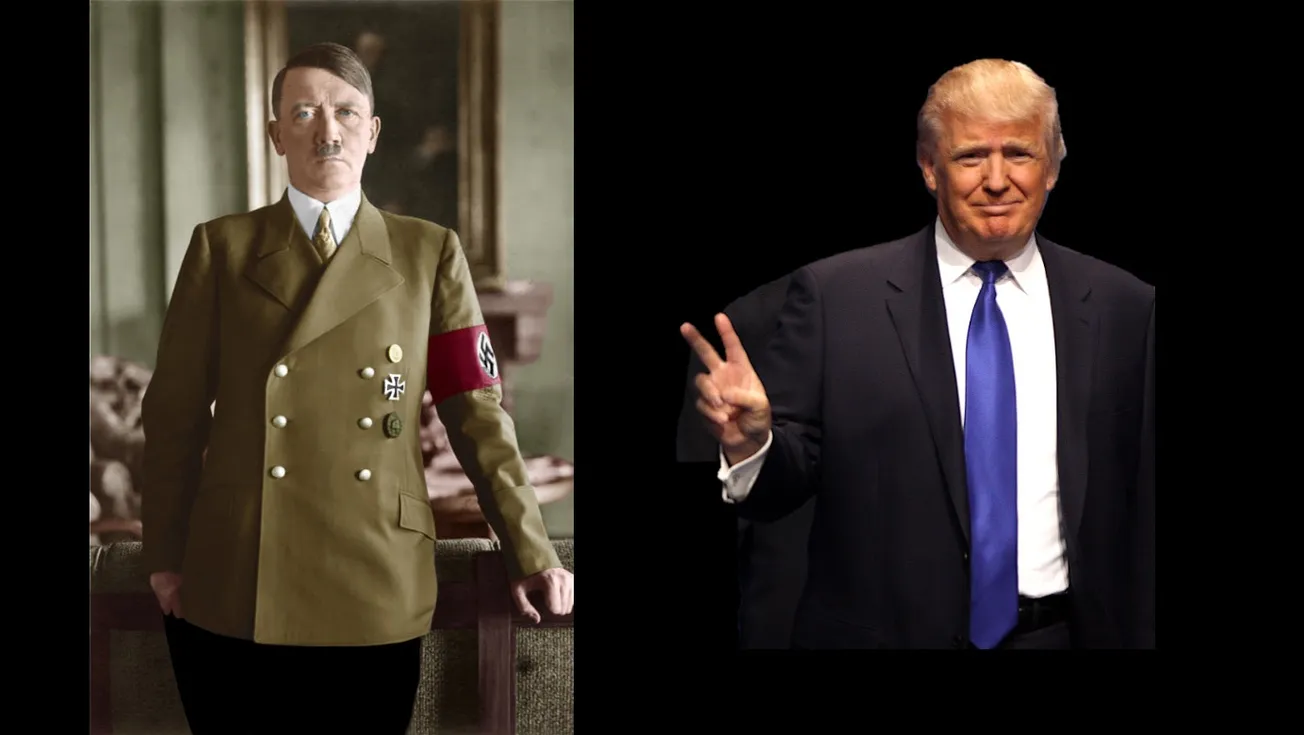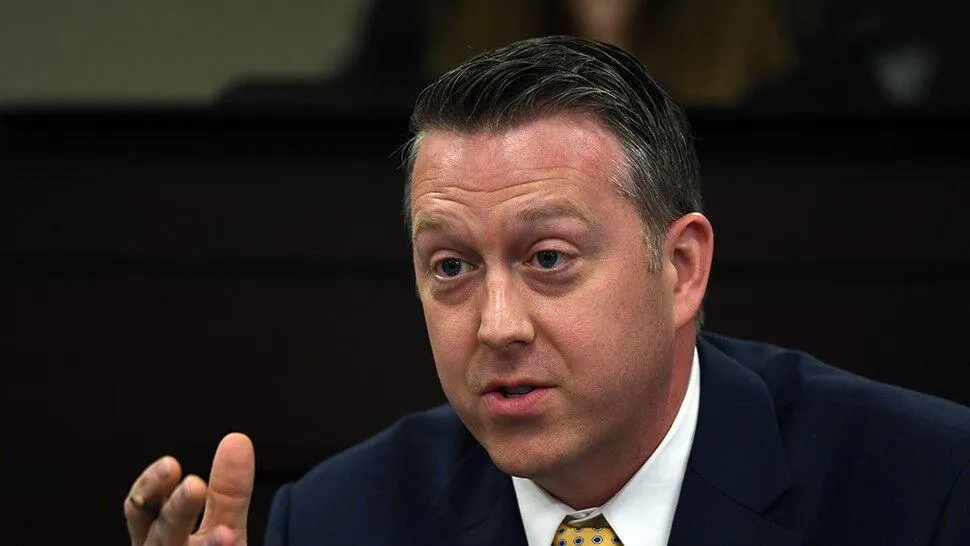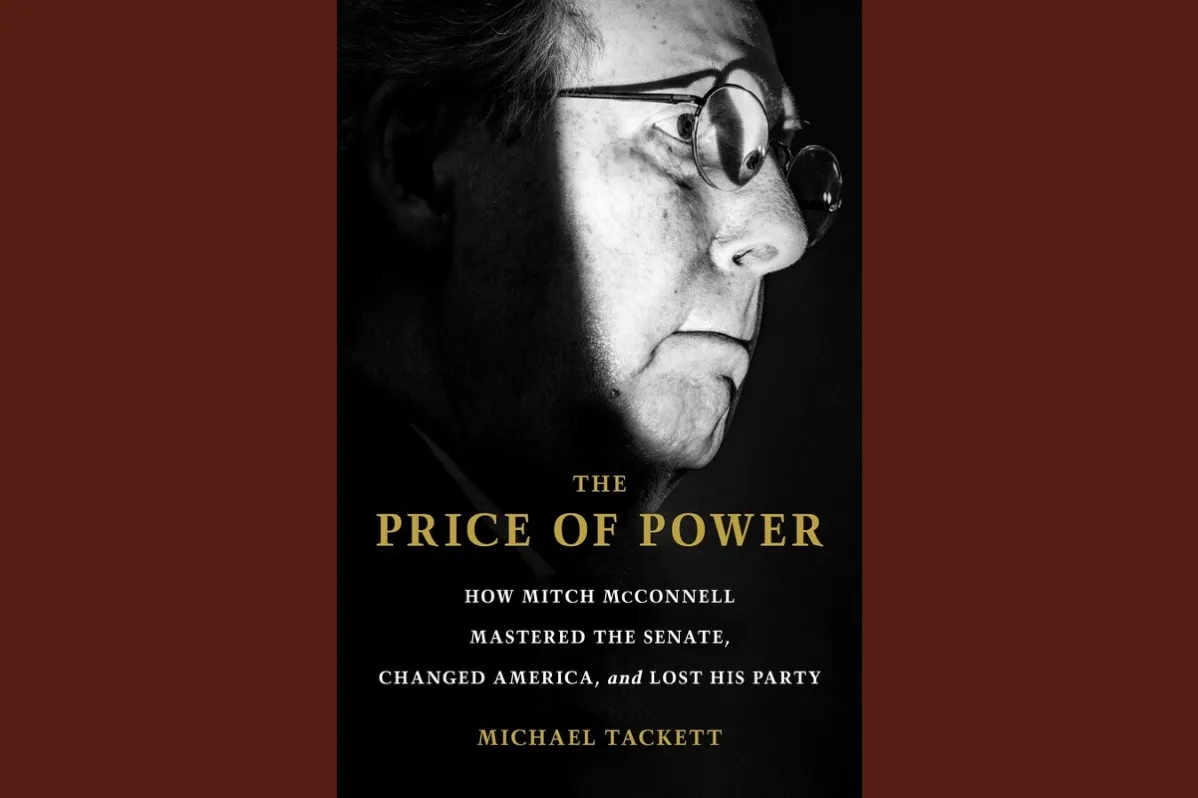There was a news item recently that concerned the Bluegrass Pipeline and Andy Beshear. When I read it, I immediately made a connection with, of all things, grapefruit.
What in the world do a pipeline and grapefruit have in common, you ask?
Let me tell you a story.
::
My father was a journalist. He probably would have preferred the word “newspaperman,” back when both that word and “journalist” actually meant something.
For eleven years, he covered city and county government and the courts in Knoxville, Tennessee for the local paper, the News-Sentinel. He believed strongly that the practice of journalism was critical to democracy, and that objectivity and accuracy were critical to the work. Interestingly, he also believed something you don’t hear everyday: that journalism is a public trust.
One Christmas, we had finished opening presents and were in that mellow family time toward the end of the holiday when the doorbell rang. I looked out the window to see a car pulling away from the curb in front of our house. When Dad opened the door, there was a box of fresh grapefruit sitting on our front porch, with a card inside.
My dad picked the card out of the box, read it, and cursed under his breath. “Joyce! Get your car keys!” he called out. My mother came to the door, wiping her hands from doing dishes. “What is it?”
“It’s Judge Bozeman,” my father said, shaking his head. “He came by and dropped off a box of grapefruit as a gift.” The gift giver was not actually a judge, but rather the chief legislative officer of county government.
“So?” said my mother.
“So, we have to take them back,” replied my father.
“Now? On Christmas Day?” My father had stopped driving some time before, so returning the grapefruit meant a trip across town with my mother driving. “Why do we have to take them back?”
“You know why,” my father said to her.
We children had been watching this exchange with growing puzzlement, and since I was both the oldest child and not a bit shy, I piped up and said, “I don’t get it, Dad. Judge Bozeman is a friend of yours, and he brought you a gift on Christmas Day. Why do you have to return it?”
“Because I’m a reporter, and reporters don’t take gifts. Especially not from people they might have to write about. It breaks the public trust, and you just don’t do it.”
And with that, he picked up the box, and he and my mom drove across town on Christmas Day to return a small gift of grapefruit.
::
The concept of the “public trust” goes all the way back to the democracies of Greece and Rome. Basically, the fact that the public has elected you to a position means that they have trusted you to put their interests over your own. As an elected official, or a public servant appointed or hired by elected officials, you are held to a different standard, a higher standard.
This standard goes beyond what is legal and illegal. It includes not only obeying the law, but also obeying ethical standards. It includes being fair, and respecting the democratic process. It includes being responsible stewards of the public’s money and resources. And, it includes avoiding actions that cause the public to lose faith in their government. As Wikipedia notes,
One of the reasons that bribery is regarded as a notorious evil is that it contributes to a culture of political corruption in which the public trust is eroded. Other issues related to political corruption or betrayal of public trust are lobbying, special interest groups, and the public cartel.
There are violations of the public trust that rise to the level of criminality. There are others that may not be illegal under current law, but which are ethical violations. And there are still others that are not illegal, nor for most people unethical, but which are still wrong because they cause the appearance of impropriety.
We’ve had recent examples of violations of the public trust, by both elected and appointed officials. Their actions were wasteful, and in some cases appeared to benefit either themselves or people connected to them. Favors were done using public resources, without bringing any benefit to the public that supplied the resources. In short, they “worked the system” for their own benefit.
What, then, of Andy Beshear, who is both the son of Governor Steve Beshear and a lawyer at Stites and Harbison? He is one of a team of lawyers providing legal services for the proposed Bluegrass Pipeline — a pipeline that is opposed by many across the state, and which the Governor may have to wind up supporting or opposing in some way.
Have Andy or Steve Beshear done anything criminal? Of course not. The law firm (which is also where the Governor worked, by the way) has been representing the pipeline company for years.
Have Andy or Steve Beshear done anything unethical? Unless there is some quid pro quo that has not been reported, then the answer is No.
But …
Does being the governor’s son mean that Andrew Beshear is held to a higher standard of responsibility and conduct in certain areas of his work? Absolutely.
Does the addition of Andy Beshear to the pipline’s legal team damage the public trust? Absolutely.
Because of his relationship to the sitting governor, should Andy Beshear remove himself from doing any work for the pipeline company? Absolutely.
::
When the story broke that the son of the governor was working for the pipeline company, the cynics among us took up the standard cry, “Politics as usual.” Many assumed that the fix was already in, and that the reason for the delay in state action was due purely to the father working a deal for his son.
At this point, such judgments are both unfair and premature. Action by the governor can still happen, and the pipeline may or may not be approved.
But of the propriety of the son of the governor working on a project that his father may have to weigh in on, there can be no doubt. It is time for other lawyers to carry the torch for the pipeline. It is time to put a little shine back on the public trust.
It is time for Andy Beshear to return the grapefruit.
Comments







